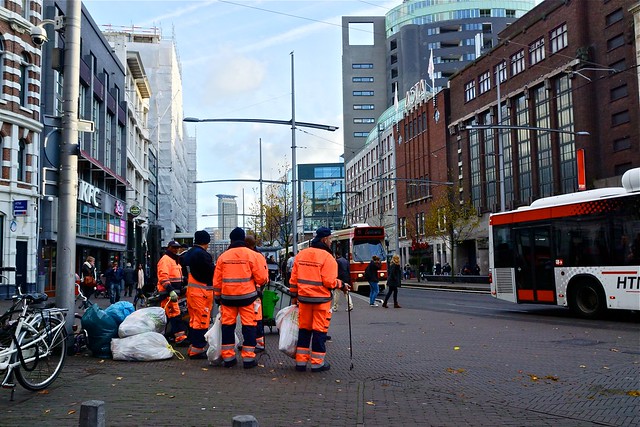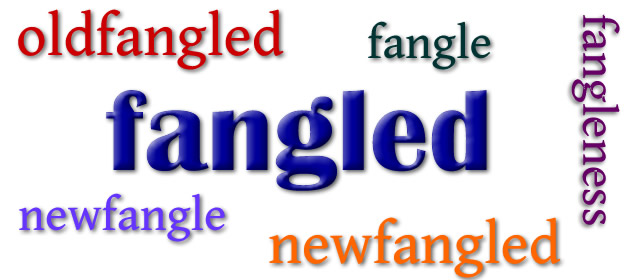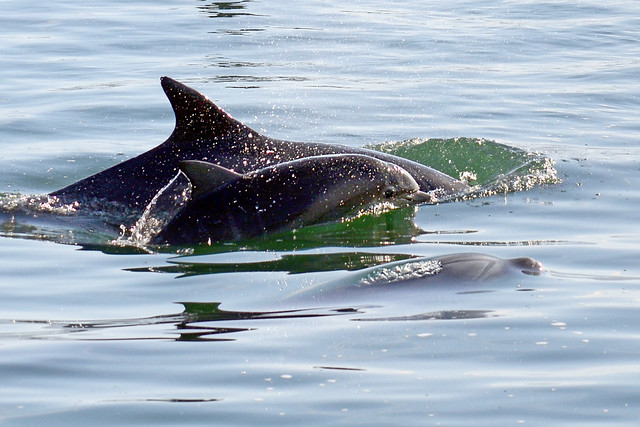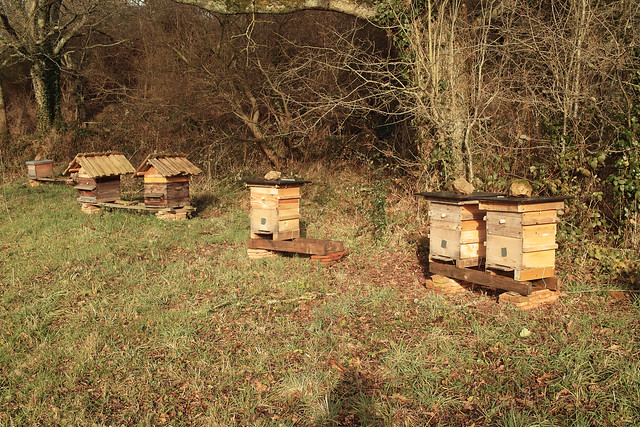The Dutch word ruimen [ˈrœy̯mə(n)] means to clean up, to clear or to remove. It comes from the Middle Dutch rumen, from the Old Dutch *rūmen, from the Proto-Germanic *rūmijaną (to make room, to clear), from *rūmaz (roomy, spacious, open) and *-janą (a suffix that makes adjectives) [source].
Words from the same roots include ream (to enlarge a hole), and rim in English; arrimer (to stow, secure) in French; räumen (to vacate, move out of, clear, shift) in German; and rymma (to hold, escape, flee, evacuate) in Swedish [source].
When ruimen is combined with suffixes, the meaning changes somewhat:
- afruimen = to clean up, to pick up, to clear (a table), clearing
- inruimen = to put away, to fit in, to accept, to load (a dishwasher)
- leegruimen = to clean out, clearing out
- ontruimen = to clear, to evacuate, to vacate
- opruimen = to clean up, to clear, to tidy up
- puinruimen = to clear the debris, rubble
- uitruimen = to clean out, to clear out, to unload, unloading
- verruimen = to boarden, to expland, to extend
- wegruimen = to get rid of, clearing away, disposal
Related words include ruim [rœy̯m], which means spacious, roomy, large, ample, generous; more than, over, and also the cargo hold (of a ship) or a wide, open space; and ruimte, which means a space, room or area, and also (outer) space. A spaceship is a ruimteschip or ruimtevaartuig (“space faring thing”), and an astronaut is a ruimtevaarder (“space farer”), who might go on a ruimtewandeling (spacewalk) [source].
I’m good a tidying up (opruimen) and putting things away (inruimen), but not so good at getting rid of things (wegruimen). I tend to accumulate a lot of things, thinking they might come in handy one day. Occasionally I clear out the cupboards, drawers, sleeves and other places where such things tend to end up.
How tidy are you?
By the way, tidy is cognate with the Dutch word tijdig (timely, in/on time), and used to mean in good time or timely in English. The Dutch for tidy is netjes [source].
In Wenglish (Welsh English), tidy! as an exclamation means fine or splendid, a tidy spell is quite a long time, a tidy few is quite a number, a tidy feller is a decent chap, probably ‘good with his hands’, a tidy swill is a wash involving at least the face and hands, and talk tidy! means speak properly! [source].
Some details provided by Anna Rutten










